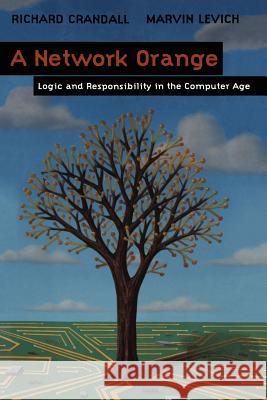A Network Orange: Logic and Responsibility in the Computer Age » książka
A Network Orange: Logic and Responsibility in the Computer Age
ISBN-13: 9781461274438 / Angielski / Miękka / 2011 / 130 str.
Computer technology has become a mirror of what we are and a screen on which we project both our hopes and our fears for the way the world is changing. Earlier in this century, particularly in the post-World War II era of unprecedented growth and prosperity, the social contract between citi zens and scientists/engineers was epitomized by the line Ronald Reagan promoted as spokesman for General Electric: "Progress is our most impor tant product. " In more recent decades, post-Chernobyl, post-Challenger, post-Bhopal, post-Microsoft, the social contract has undergone a transfor mation. More people are uncertain, fearful, and downright opposed to the notion that more technology guarantees a better life. What is a "better life"? Who benefits and who loses when new technologies change the way we live, work, learn, and play? Who has a say in the way technologies are designed and deployed? Where are we going, are we sure we want to go there, and who has the power to do anything about itt From the early days of the railroads, into the era of electrification, through the McLuhan age, much of the discourse about technology has been hype, utopianism, and what some historians have called "the rhetoric of the technological sublime. " We have discovered, however, that not all people benefit economically or politically from technological change."











